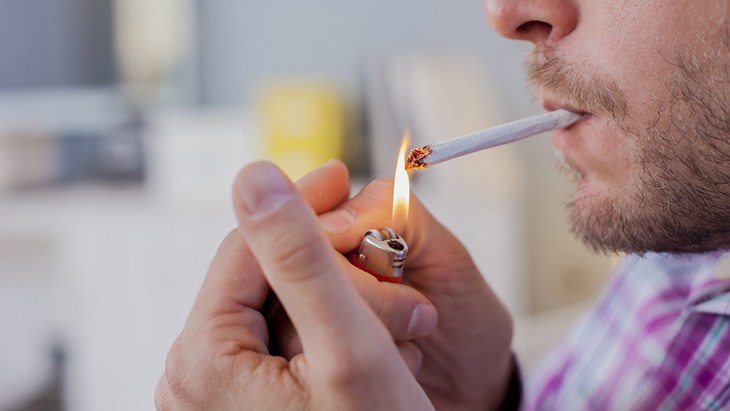More Canadians seeking help for cannabis addictions

At the onset of the pandemic, millions of people found themselves stuck at home, working, taking care of children and older family members, or simply abiding by restrictions and lockdowns due to the then-newness of COVID-19.
While the situation had many benefits — albeit, along with many stresses — there was a dangerous downside for those who suffer from substance use disorders or grapple with mental health issues.
Cannabis addiction has been largely downplayed in the past so we went to Centre for Addiction and Mental Health to find out if they are getting more patients seeking help in that regard as the pandemic rages on.
“Yes, we are seeing an uptick in people seeking help for their cannabis use which is not surprising as there is some evidence of increased use during the pandemic,” says Dr. Leslie Buckley, CAMH Chief of Addictions.
“In many ways, the pandemic is a perfect storm for increasing substance use with people experiencing increased stress, worry, loneliness and major disruptions to routine and activities,” Buckley says.
“With working from home there is a blurring of weekdays and weekends and work time and leisure time which can lead to a lack of structure and increased substance use.”
Many have embraced pot as a way of easing their symptoms of anxiety and depression, but Buckley warns that there is no indication for cannabis treatment for any mental health disorders, due to lack of evidence.
“People may not be aware of the harms of cannabis use, which can come on slowly and be subtle initially,” she explains. “There are multiple harms of cannabis use including physical harms and harms to mental health. It can impact motivation and can worsen anxiety and depression as well as other psychiatric disorders including psychosis.”
That being said, as Canadians adapt to the new reality of the roller coaster ride that is lockdowns and restrictions, there could be some users looking to decrease or cut the drug entirely.
Buckley advises those who may be concerned about potential harms to make a change.
“You can decrease your risk of harms by reducing the amount of cannabis you consume or by reducing the THC content in the cannabis you use, increasing the percentage of CBD, or try a period of abstinence from it,” she suggests.
Be warned, though. “Cannabis withdrawal can include irritability or low mood, nervousness, sleep difficulty, decreased appetite, nausea or restlessness,” she cautions, with symptoms peaking on the second day, then waning after about a week.
“You can try to stop cannabis on your own or you can talk to your doctor about getting help,” she says. “We have worked with many people to stop or reduce their use which can make a big difference in someone’s life.”
420 Intel is Your Source for Marijuana News
420 Intel Canada is your leading news source for the Canadian cannabis industry. Get the latest updates on Canadian cannabis stocks and developments on how Canada continues to be a major player in the worldwide recreational and medical cannabis industry.
420 Intel Canada is the Canadian Industry news outlet that will keep you updated on how these Canadian developments in recreational and medical marijuana will impact the country and the world. Our commitment is to bring you the most important cannabis news stories from across Canada every day of the week.
Marijuana industry news is a constant endeavor with new developments each day. For marijuana news across the True North, 420 Intel Canada promises to bring you quality, Canadian, cannabis industry news.
You can get 420 Intel news delivered directly to your inbox by signing up for our daily marijuana news, ensuring you’re always kept up to date on the ever-changing cannabis industry. To stay even better informed about marijuana legalization news follow us on Twitter, Facebook and LinkedIn.




